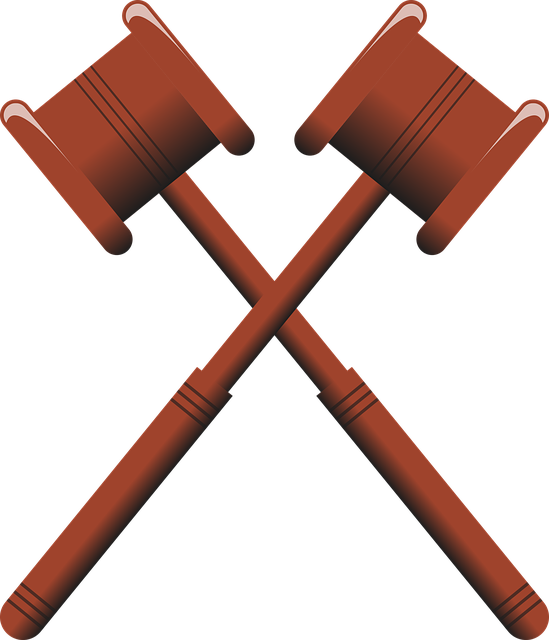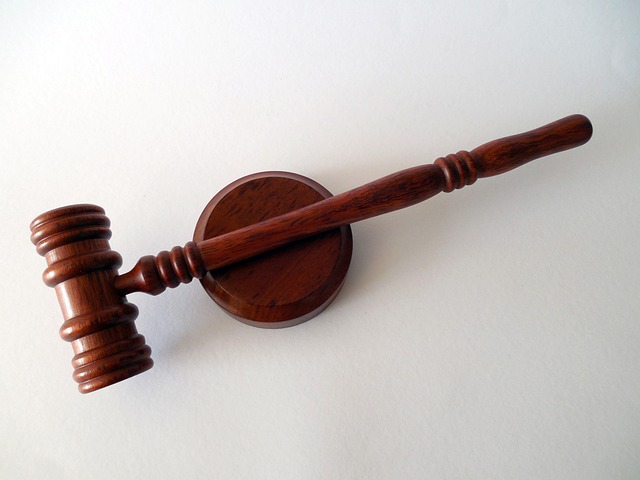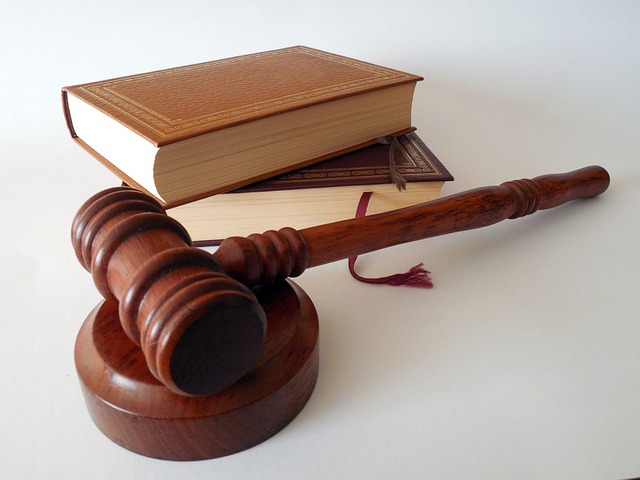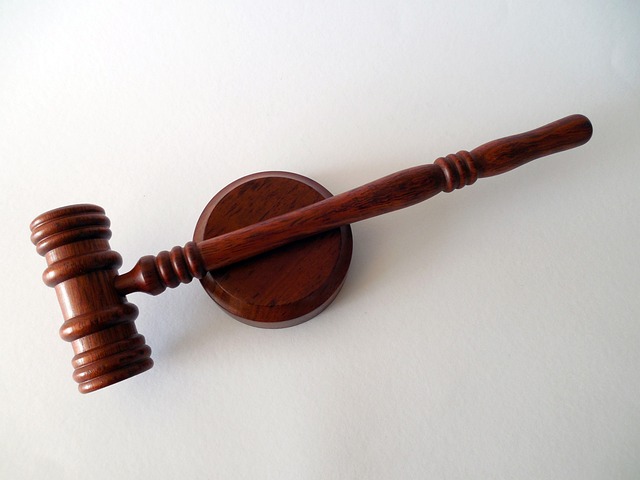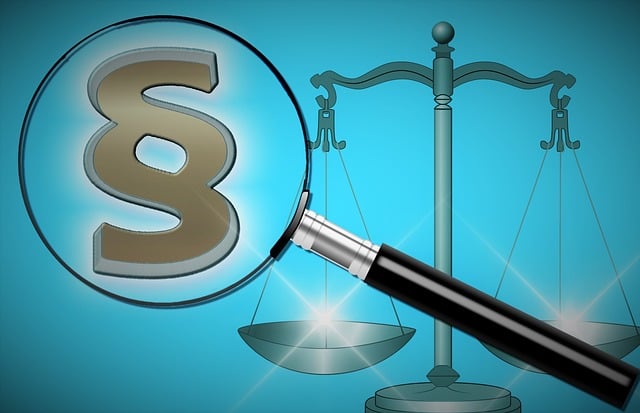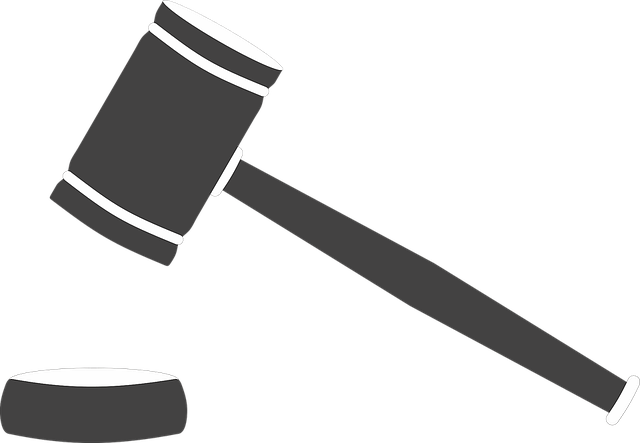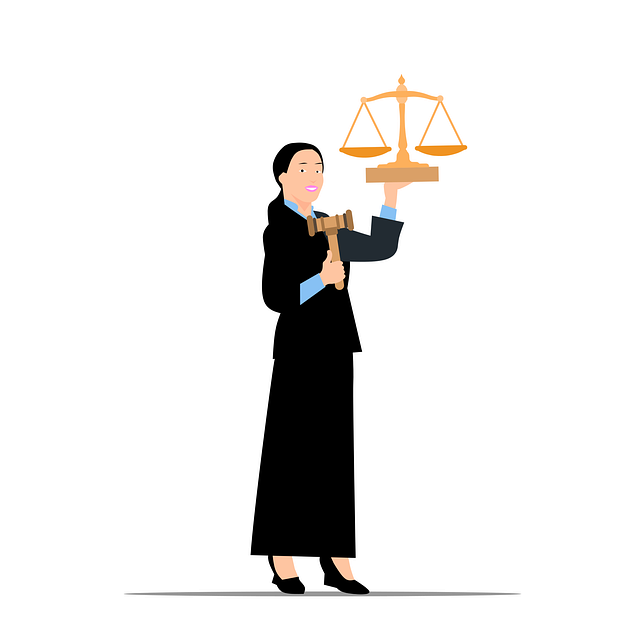
Category: Arvada Colorado Personal Injury Claims
Arvada Colorado Personal Injury Claims: A Comprehensive Analysis
Introduction
In the ever-evolving legal landscape, personal injury claims play a pivotal role in ensuring justice and compensation for individuals harmed due to another party’s negligence or intentional acts. This article delves into the intricacies of Arvada Colorado Personal Injury Claims, a specialized area of law that has garnered significant attention and importance within the state of Colorado. We will explore its definition, historical evolution, global impact, economic implications, technological innovations, regulatory frameworks, challenges, successful case studies, and future prospects. By examining these aspects, readers will gain a comprehensive understanding of this critical legal domain and its influence on victims’ rights and societal well-being.
Understanding Arvada Colorado Personal Injury Claims
Definition and Core Components
Arvada Colorado Personal Injury Claims refer to the legal process by which individuals or entities seek compensation for physical, emotional, or financial injuries resulting from another party’s tortious conduct. This includes a wide range of incidents such as car accidents, medical malpractice, slip and fall cases, product liability, and intentional harm. The core components of a successful personal injury claim typically involve:
- Duty of Care: The legal obligation owed by one party to another, which varies depending on the relationship between them (e.g., driver to passenger, doctor to patient).
- Breach of Duty: Occurs when a party fails to fulfill their duty of care, leading to harm or injury to another person.
- Causation: Establishing a direct link between the defendant’s actions (or inaction) and the plaintiff’s injuries.
- Damages: The financial compensation awarded to the plaintiff to redress their losses, including medical expenses, lost wages, pain and suffering, and other related costs.
Historical Context and Evolution
The concept of personal injury claims has its roots in common law, with early cases focusing on compensating victims for physical harm and property damage. Over time, as societies became more complex, the scope of personal injury law expanded to address emerging issues such as medical negligence, product liability, and workplace injuries. In Colorado, the development of personal injury claims has been influenced by both state and federal legislation, ensuring a balance between protecting victims’ rights and promoting fair settlement practices.
A pivotal moment in the history of personal injury claims in Colorado was the enactment of the Uniform Contribution Among Tort-Feasors Act, which established guidelines for apportioning liability among multiple tortfeasors (parties at fault). This law aimed to ensure that plaintiffs receive fair compensation regardless of the number of negligent parties involved.
Global Impact and Trends
Arvada Colorado Personal Injury Claims operate within a broader global context, influenced by international legal frameworks and cultural norms. While the specific laws and procedures may vary from country to country, several key trends have emerged:
- Harmonization of Laws: Many nations have adopted standardized legislation to streamline personal injury claims processes, ensuring consistency and accessibility for victims across borders.
- Digital Transformation: The rise of digital technologies has transformed how personal injury claims are handled. Online platforms facilitate claim filing, evidence management, and legal research, making the process more efficient and accessible.
- Cross-Border Claims: With globalization, an increasing number of personal injury claims involve parties from different countries, requiring careful navigation of varying legal systems and jurisdiction issues.
- Emerging Technologies: Innovations like telemedicine and advanced data analytics are impacting personal injury cases, offering new ways to document injuries and assess damages.
Economic Considerations
Market Dynamics
Personal injury claims have significant economic implications, affecting both individuals and the broader economy. The market for personal injury services includes legal fees, medical expenses, rehabilitation costs, and various support services. In Arvada, Colorado, a vibrant legal sector specializing in personal injury law has developed, catering to local and out-of-state clients.
Investment Patterns
Law firms and legal professionals specializing in personal injury claims often attract substantial investments from clients seeking representation. According to industry reports, the average hourly rate for personal injury lawyers in Colorado ranges from $250 to $400, reflecting the expertise and specialized knowledge required in these cases. These investment patterns contribute to the economic vitality of the region and support a network of legal service providers.
Role in Economic Systems
Personal injury claims play a critical role in maintaining a balanced economy by ensuring that victims receive compensation for their losses. This financial recourse enables individuals to access medical care, rehabilitative services, and legal representation, thereby promoting overall well-being and economic stability. Furthermore, successful personal injury settlements can stimulate local economies as victims may choose to spend or invest their compensation within the community.
Technological Advancements
Digital Case Management
The adoption of digital case management systems has revolutionized how personal injury claims are handled. These platforms streamline processes such as document management, client communication, and legal research, reducing costs and increasing efficiency. For instance, Arvada-based law firms utilize specialized software to track case milestones, manage deadlines, and securely share documents with clients, enhancing the overall claim experience.
Advanced Medical Evidence
Technological advancements in medical imaging and data analytics have significantly improved the presentation of medical evidence in personal injury cases. High-resolution imaging, such as MRI and CT scans, provide detailed insights into injuries, enabling lawyers and jurors to better understand the extent of a plaintiff’s harm. Additionally, advanced data analytics tools can identify patterns and trends in medical records, enhancing the credibility of expert testimony.
Telemedicine and Remote Legal Services
The rise of telemedicine has made it possible for plaintiffs to receive medical care and legal consultations remotely, particularly convenient for individuals with limited mobility or those living in remote areas. This trend is expected to continue, as technology advances further, allowing personal injury claims to be handled more efficiently and accessible to a broader population.
Regulatory Frameworks and Legal Considerations
Colorado Laws and Regulations
Colorado has established a comprehensive legal framework governing personal injury claims, ensuring fairness and protection for all parties involved. Key regulations include:
- Statute of Limitations: The time frame within which a plaintiff must file a personal injury claim, typically ranging from one to three years from the date of incident, depending on the type of case.
- Comparative Negligence: Colorado follows the principle of comparative negligence, meaning that if a plaintiff is partially at fault for their injuries, their compensation will be reduced in proportion to their fault.
- No-Fault Insurance: For certain types of claims, such as auto accidents, Colorado operates under a no-fault insurance system, where drivers are required to have insurance covering personal injury protection (PIP) benefits, which cover medical expenses and lost wages without regard to fault.
Legal Challenges and Strategies
Personal injury claims attorneys in Arvada, Colorado, face several legal challenges, including:
- Complex Medical Issues: Navigating complex medical evidence and expert testimony is a common hurdle, especially in cases involving severe injuries or rare medical conditions.
- Comparative Negligence Defense: Defendants often assert comparative negligence as a defense, requiring plaintiffs’ attorneys to present compelling arguments to protect their clients’ rights.
- Jurisdictional Issues: In cross-border claims, establishing jurisdiction and applying the law of the relevant jurisdiction can be complex, necessitating careful legal strategy.
Challenges and Controversies
Access to Justice
One of the primary challenges in Arvada Colorado Personal Injury Claims is ensuring access to justice for all individuals, regardless of their socioeconomic status. While the state has implemented measures to provide legal aid and pro bono services, there remains a gap in representation for those who cannot afford private legal counsel. This disparity can lead to unequal outcomes, with more affluent plaintiffs often achieving better results.
Insurance Industry Practices
The insurance industry plays a crucial role in personal injury claims by providing liability coverage and managing settlement negotiations. However, some insurance companies have been criticized for employing aggressive tactics, such as delaying or denying legitimate claims, and undervaluing settlements to maximize profits. These practices can be particularly challenging for plaintiffs who lack legal expertise and resources.
Successful Case Studies
Medical Malpractice Victory
In a notable case in Arvada, Colorado, a local law firm secured a substantial settlement for a client who suffered permanent paralysis due to medical malpractice. The firm successfully argued that the treating physician failed to diagnose a spinal cord injury following a routine surgery, leading to prolonged suffering and significant lifestyle changes. This case demonstrated the firm’s expertise in navigating complex medical issues and securing just compensation for their client.
Product Liability Settlement
A product liability lawsuit against a major manufacturing company resulted in a favorable settlement for a plaintiff who sustained severe burns from a defective household appliance. The law firm representing the plaintiff conducted extensive research, identified design flaws, and presented compelling evidence to establish liability. This case highlights the importance of thorough investigation and expert testimony in product liability claims.
Future Prospects and Predictions
Emerging Technologies and Legal Trends
The future of Arvada Colorado Personal Injury Claims is poised for further technological advancements, including:
- Artificial Intelligence (AI): AI-powered tools may assist in medical record analysis, expert witness identification, and case valuation, enhancing efficiency and accuracy.
- Blockchain Technology: Blockchain’s secure and transparent nature could be leveraged to streamline insurance claims processing and verify medical records, reducing fraud and errors.
- Virtual Reality (VR) for Legal Education: VR technology can enhance legal education by providing immersive experiences in courtrooms and trial simulations, preparing future attorneys for real-world challenges.
Predictions for the Legal Profession
As the legal profession evolves, personal injury claims attorneys in Arvada, Colorado, are expected to:
- Embrace digital tools and technologies to stay competitive and efficient.
- Develop specialized expertise in emerging areas such as drone liability, e-sports injuries, and cyber-related harm.
- Collaborate more extensively with other legal professionals, including medical experts and investigators, to provide comprehensive legal services.
- Focus on client education and communication, ensuring that plaintiffs understand their rights and options throughout the claim process.
In conclusion, Arvada Colorado Personal Injury Claims are a complex and dynamic area of law, continually evolving due to technological advancements, changing regulations, and increasing public awareness of legal rights. While challenges remain, the future looks bright for plaintiffs seeking justice, as the legal profession adapts to meet the demands of this ever-changing landscape.

